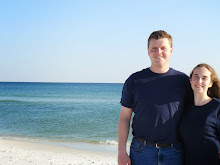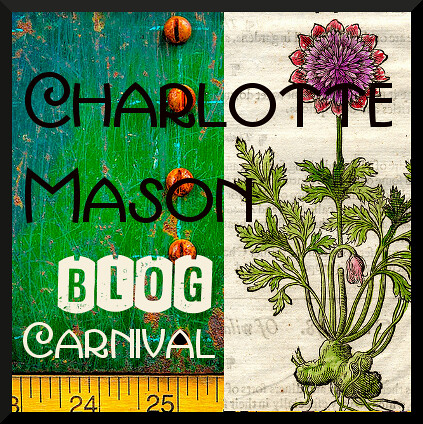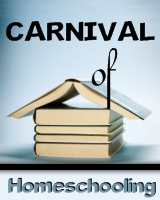I met almost all my goals for reading in 2016! YAY! The only thing I didn't get finished was reading a book by Alexandre Dumas, but I have The Three Musketeers in progress, so I got pretty close, and I'm pleased. I had a lot going on that I didn't anticipate in 2016, and some of the books were just harder for me to get through than I'd thought they'd be as well. I ended up reading a total of 46 books. If you want to see more about my goals and how I met them, look at my goals post from last year, my reading log, and/or my Goodreads page. Some of my favorites I read were: The Underground History of American Education by John Taylor Gatto, The Wright Brothers by David McCullough, Raising Godly Tomatoes by Elizabeth Krueger (that was a re-read), and Les Misérables by Victor Hugo. Those were the ones I rated 5 stars on Goodreads (aside from books of the Bible, which always get five stars), so they struck me as "amazing." I had a bunch I rated at 4 stars also, which were very good and worth reading. Check them out if you're so inclined.
I'm excited to see what another year of reading will bring!
[As for blogging... I harbor a slight hope that it could be better than 2016 for me. That wouldn't be too difficult...]
Reading Goals 2017:
Complete at least 35 books. This is still low for me, but I'm going to resist the urge to raise it early in the year. If in April or later I think I should up it, maybe I will at that time, but not before. 2017 is shaping up to be a full year already. (Update: Increased to 40 books later in the year.)
Some specific books I want to read this year: (I hope I can get to many of these early in the year.)
What were your favorite reads in 2016? What are you planning to read in 2017?
I'm excited to see what another year of reading will bring!
[As for blogging... I harbor a slight hope that it could be better than 2016 for me. That wouldn't be too difficult...]
Reading Goals 2017:
Complete at least 35 books. This is still low for me, but I'm going to resist the urge to raise it early in the year. If in April or later I think I should up it, maybe I will at that time, but not before. 2017 is shaping up to be a full year already. (Update: Increased to 40 books later in the year.)
Some specific books I want to read this year: (I hope I can get to many of these early in the year.)
- finish The Three Musketeers (in progress as of 11/2016).
finish A Beautiful Mind, which stayed pretty neglected as I sought to meet my goals last year. (COMPLETED Nov. 2017)The Broken Way by Ann Voskamp. I'm excited about this one because I really enjoyed both 1000 Gifts and the 1000 Gifts Devotional by the same author. I started it this morning! (COMPLETED 1/17/17)Love Your Enemies by Naomi Rude.I'm looking forward to this one because the author is a friend, and the photo on the front is of my second oldest daughter and was taken by my oldest. :) (COMPLETED Feb. 2017)Boy Meets Girl by Joshua Harris. I have a lot of reading yet to do on this subject. I want to attempt to resolve some questions in my own mind so I can try to help my children as they approach this time in their lives. (COMPLETED 1/28/17)The Little Prince by Antoine de Saint-Exupéry. I picked up a copy of this cheap and want to finally read it all the way through. My mom had a copy and when I was a kid I used to read sections and laugh at it, but I don't know that I ever took it seriously and read it all the way through. (COMPLETED 1/7/17)- The Story of an Earnest Life by Eliza Davies. My dad has repeatedly recommended this to me so I'm pretty sure I'll appreciate it, it's just a matter of working it in, which I'd like to do this year. She knew Alexander Campbell.
Charles Dickens.I really enjoy his writing. Oliver Twist reminded me of this and left me wanting another one, so I'll have to figure out which one next. That will be fun. Maybe Great Expectations, since I already have it? (COMPLETED Great Expectations, September 2017)Jane Austen.I want to read the rest of her novels eventually. I've only got 2 left: Emma and Mansfield Park. I'll probably read Emma first. While I do enjoy Austen overall, I've usually had enough of her for a while by the time I'm done with one book, so I likely won't read both novels this year. We'll see. (COMPLETED Emma, March 2017)- David McCullough. Not sure which of his yet. (Update: Currently reading 1776, begun Nov. 2017)
- Agatha Christie. I've only read three of hers and I have no idea which others I'd like best, though I know some people who can recommend (one of which is my own daughter -- how fun is that?!). (Update 11/9/17: I plan to read The Mysterious Affair at Styles soon, hopefully before Thanksgiving.)
What were your favorite reads in 2016? What are you planning to read in 2017?


































































